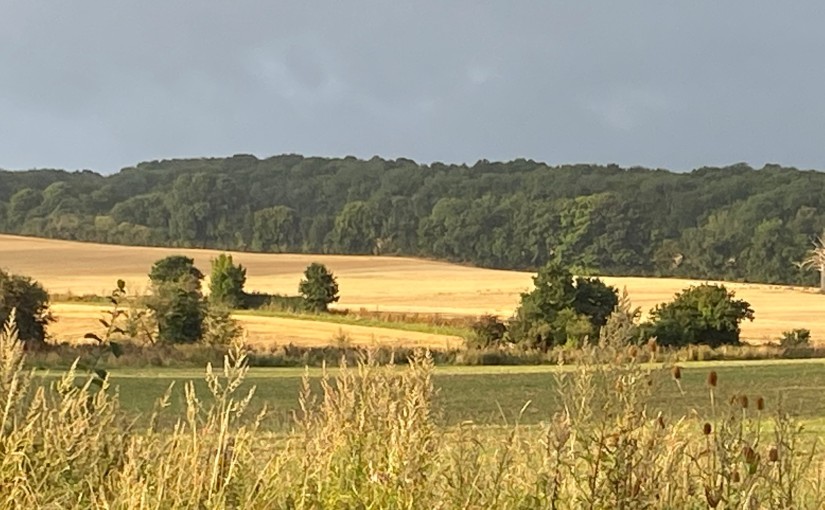March 2020 Looking back at my diary, the month started with a busy week facilitating a number of different workshops for Boards of Directors and Governance Professionals in London. On Friday 6 March I replanned all my Q2 scheduled activity for virtual delivery. Looking back, it is difficult to identify the single trigger which prompted me to replan. Based on my experience as a founder member of The Henley Future Work Forum (FWF) back in the 1980s, and my subsequent collaboration with Dr Laurence Lyons, the FWF co-founder and Research Director, the technological and behavioural transition was smooth. I am fortunate to have a valued support network and trusted client relationships.
Adversity Much of my time over the last three years has been spent supporting business leaders as they navigate adversity. The privileged position of being invited to talk with leaders across multiple sectors and territories, highlights two truths:
– Adversity corrodes inspirational leadership
– Adversity reinforces inspirational leadership
Identifying angels and devils has pre-occupied business authors for decades. The corrosive damage which toxic behaviour can wreak on any organisation is universally recognised. Perhaps it is surprising that multiple recent examples exist of visible devilry being tolerated and condoned. The behaviour can be viral and damages people.
Conversely, spirits lift with examples of inspiring leadership practiced passionately and altruistically. This celebration of angels is also viral and draws together communities of loyal followers, eager to share and collaborate.
Leaders Our decisions and behaviour are scrutinised to determine whether we are devils or angels, or perhaps a bit of both. Taking time to consider the impact we have on others is essential, but as a solitary activity we can be selective in what we choose to see and believe. It takes curiosity and also bravery to develop self-awareness of the real impact of our behaviour and how people perceive us.
Relationships Resilient and agile leaders nurture relationships, investing time and effort in building and sustaining trust. These relationships extend beyond the boundaries of their organisations and create continuous conversations which lead to shared solutions to challenges. It is heartening to hear many examples of supply chains and customers collaborating to sustain organisations in the difficult trading environment of the last three years.
Constructive challenge Talking to people who don’t think like us takes more effort but provides insights which may be far more valuable than existing in an echo chamber. Inspirational leaders are increasingly ensuring that they make robust strategic decisions by creating small groups of empowered individuals with the brief to rigorously test implications and impact. The practice is not new. When co-writing the British Airways Leadership Story with Tony Voller back in 2004, we highlighted how the CEO, Rod Eddington, navigated the airline through 9/11 supported by a ‘Gang of 5’ constructive challengers who gathered ideas and perceptions from across the airline and beyond.
Learning The last three years have been characterised as ‘unprecedented.’ Reflecting on the organisations who have navigated well, one characteristic stands out. They have experienced adversity before and learned from it. Going far beyond a mechanistic review process generating ‘lessons learned,’ these organisations have probed to discover causes behind symptoms and developed new ways of operating which anticipate change. Mistakes are shared not hidden and ‘near misses’ are discussed openly. This behaviour requires the visible sponsorship and involvement of all leaders to become instinctive. It requires inspirational leaders.










